We refer to non-fungible tokens as NFTs. The majority of NFTs are based on Ethereum to the ERC-721 and ERC-1155 specifications. In contrast to conventional tokens, which are fungible and have the same meaning, each NFT is original and cannot be duplicated, substituted, or divided into bits. When it comes to collectible coins, each of which is special and has a different worth, the case is significantly different. NFT is this one-of-a-kind coin.
An asset of this kind can be a picture, audio, digital artwork, gaming object, or game character, and others. Thus, many designers, artists, and collectors can now participate in the online economy through the tokenization of their money. However, they continue to need marketplaces for selling and purchasing NFTs. NFT marketplaces can function like an auction site, enabling developers and buyers to discover and pick both parties’ best offers.
What is a non-fungible token marketplace?
Unlike Bitcoin or Ether, non-fungible tokens cannot be explicitly exchanged on different cryptocurrency exchanges. To buy and sell NFTs, dedicated platforms are needed. The NFT marketplace is an open forum for storing and exchanging non-fungible tokens. On such a website, lots may be sold at a set price or via auction. The majority of NFT platforms expect buyers and sellers to have cryptocurrency wallets to complete transactions. Different forms of NFT marketplaces exist. Others are more limited, while some allow you to promote NFTs and sale of art by all. There are universal websites, such as OpenSea, Rarible, and Mintable, to find everything from art to domain names. You may convert your inventions into products and begin selling them on these marketplaces.
How does a non-fungible token marketplace operate?
Smart contracts are used to execute NFTs. Each token includes a collection of unique data (metadata) stored in its smart contract, which is immutable and secures thanks to the blockchain. To establish an NFT marketplace, we must first establish a token protocol typically hosted on the Ethereum network. This is a subset of smart contracts that guarantees the execution of specific marketplace functionality. Additionally, this protocol is linked to the marketplace scheme. NFT marketplaces operate on a client-side basis. Generally, all NFT auction sites follow a similar flow.
The NFT marketplace includes the following features:
The NFT marketplace blends the characteristics of a marketplace and an auction website. Users should be allowed to make and sell their collectibles. Additionally, various marketplaces have extra features to retain customers and enhance their user experience. Begin the list of essential platform features that allow users to perform simple tasks:
-
Storefront
As a marketplace, the NFT auction website could include a storefront. Provide users with all the details they need regarding an object, including a preview, bids, owners, and pricing background. OpenSea, for example, often shows chain information to verify the smart contract, allowing a customer to be sure of the bought NFT’s validity.
-
Locating objects
As is the case in every Marketplace, the website can facilitate category management and marking to assist consumers in locating collectibles of interest. Have a search bar and sections on the web. OpenSea, for example, categorizes objects as follows: Art, Domain Names, Virtual Worlds, Trading Cards, Collectibles, Sports, and Utility. You will choose your own.
-
Filtration
Filters often make it simpler to browse the web, mainly if it contains many collectibles. Allow users to filter products by type, payment process, selection, and listing status (for example, “fresh,” “has offered,” and so on). This dramatically reduces the time required to pick and buy an NFT.
-
Establishing lists
The process of submitting NFTs and creating the set should be fast. Consider the movement, and you will almost certainly need something like OpenSea’s Collecting Manager to handle collections and objects efficiently. A consumer should upload a file and fill in simple token properties such as name, definition, and tags on the collectible development tab. I recommend that you sign up with many marketplaces to determine which flow of making NFT and listing it for sale you want, as well as which levels you can excel at.
-
Purchasing and Auctions
The implementation of your platform’s auction system is a crucial component of the project. You must provide bidders with an easy-to-use and reliable mechanism for purchasing NFT. It is preferable to have the bid expiration date in the form since this provides consumers with more leverage regarding their offers. Additionally, the auction watchlist enables you to access information regarding the latest status of bids.
-
Wallet
To email, receive, and store cryptocurrencies and non-fungible tokens, your users need wallets. The most straightforward approach to do this is to supply a customer with an already-connected wallet. For instance, Rarible enables platform users to access one of the following wallets: MyEtherWallet, Coinbase Wallet, Formatic Wallet, or WalletConnect. Additionally, OpenSea has some additional solutions. We must also compile a collection of wallets that the framework must help and ensure their incorporation.
-
Feedback
Ratings are an excellent way to assist potential users in selecting NFTs. Additionally, they double as a badge of honor for the highest top sellers, demonstrating their dependability. As such, you may use this as a stand-alone feature.
Custom establishment of NFT marketplaces
In certain instances, commercial toolkits can fall short of meeting all project specifications. This is where the implementation of a custom NFT Marketplace comes into play. With a skilled development team‘s assistance, you can create a non-fungible tokens marketplace from the ground up with any features you need. While this alternative is more expensive, it has many benefits. At the very least, you are not constrained by the SDK’s capability. You may include whatever functionality you choose to create a more complex approach that will help you differentiate yourself from rivals and draw additional customers.
What to check before for when developing a non-fungible token marketplace
There are two primary considerations of an NFT marketplace development.
-
Privacy
When it comes to finances, you cannot neglect stability. While blockchain is a stable platform with built-in encryption frameworks, it never hurts to provide additional functionality. You can need software to inspect and identify malicious material that poses a threat to your users’ safety.
-
Team of blockchain developers with extensive experience
Through contracting development teams, you will significantly accelerate the process of developing the NFT marketplace. This is especially true for businesses that provide full-cycle development services. This is the most economical choice.
Check: hire blockchain developers
Final thoughts
The craze for NFTs is far from done. Significant brands and actors, like, have recently signed agreements to release their non-fungible assets. With more blockchains vying to provide quality NFT services and an increasing selection of platforms, now is an excellent time to enter the market.
Any queries about NFT marketplace development services!! Fill our contact form and our experts will get back to you soon.
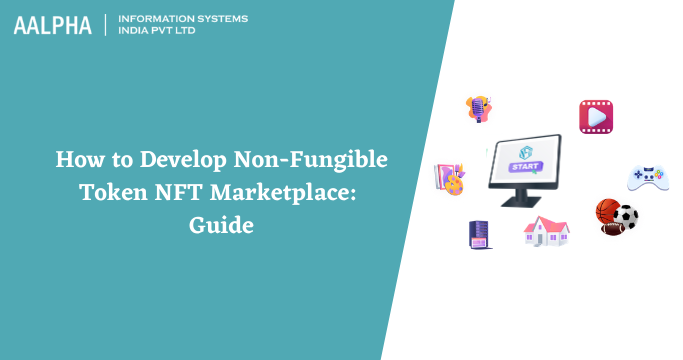
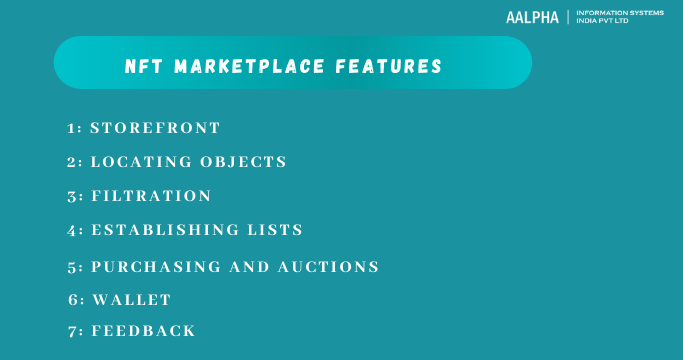
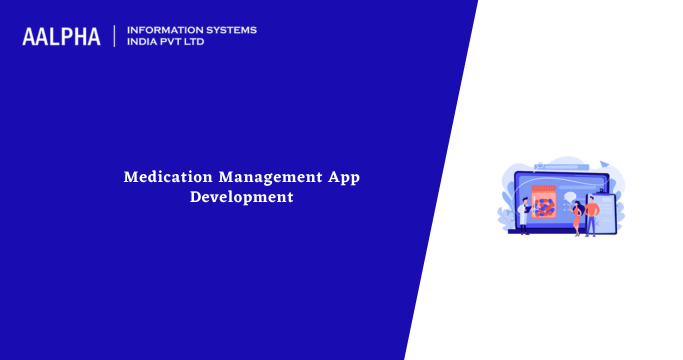
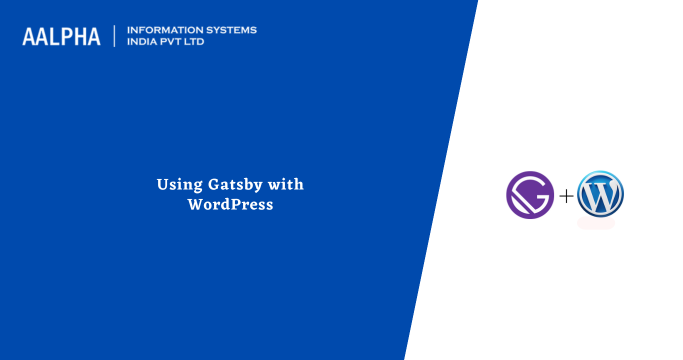
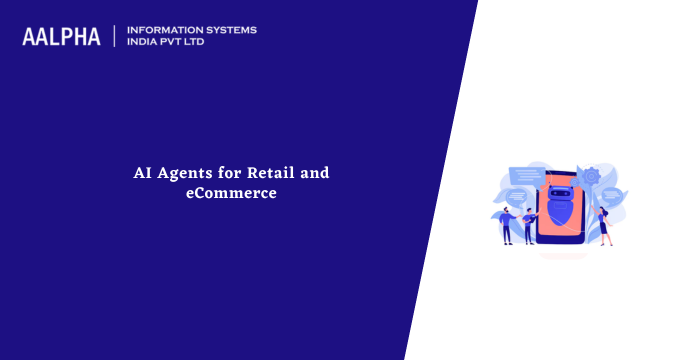
Share This Article:
Written by:
Muzammil K
Muzammil K is the Marketing Manager at Aalpha Information Systems, where he leads marketing efforts to drive business growth. With a passion for marketing strategy and a commitment to results, he's dedicated to helping the company succeed in the ever-changing digital landscape.
Muzammil K is the Marketing Manager at Aalpha Information Systems, where he leads marketing efforts to drive business growth. With a passion for marketing strategy and a commitment to results, he's dedicated to helping the company succeed in the ever-changing digital landscape.